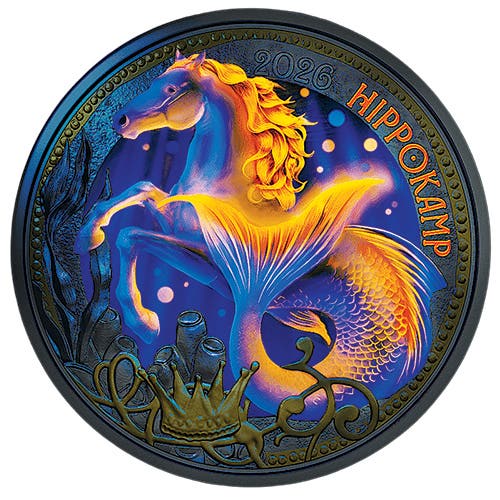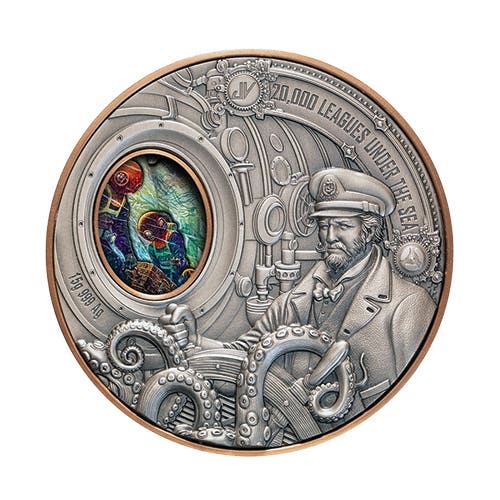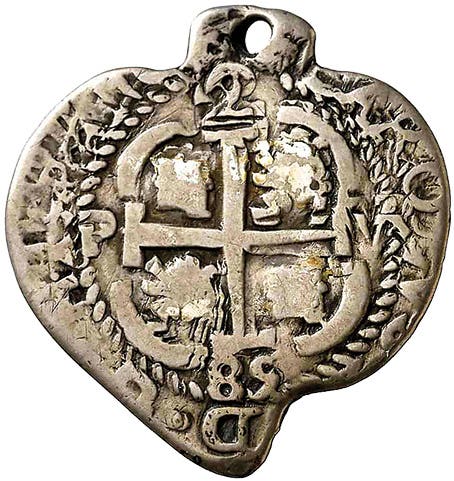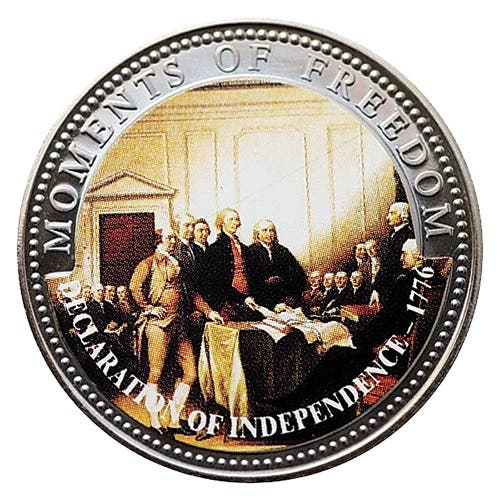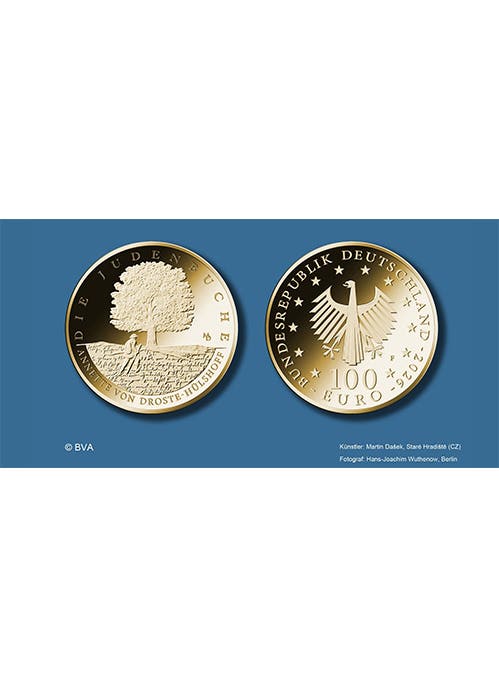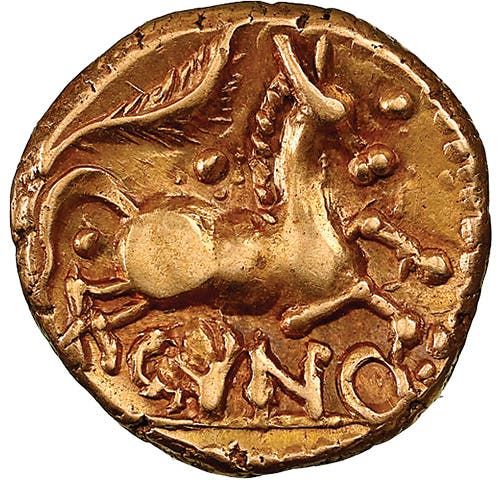Please Return the Coins
Anyone who discovers gold or silver objects more than 300 years old in England, Northern Ireland, or Wales is required to report the find under the Treasure Act 1996.
Great Britain has Treasure Trove laws that are strictly enforced. Anyone who discovers gold or silver objects more than 300 years old in England, Northern Ireland, or Wales is required to report the find under the Treasure Act 1996. The Treasure Act 1996 does not apply on the Isle of Man or in Scotland. Finds on the IOM or in Scotland must be reported to the regional finds liaison officer.
According to the Treasure Act, potential treasure must be reported to the coroner in the district of the find within 14 days of the find. Property found either at sea or on the seashore that could have originated from a shipwreck is to be reported to the Receiver of Wreck.
A major reason for these laws is to give archaeologists and other researchers the opportunity to study such finds in the context in which they were initially encountered. Should a treasure find go unreported, this information is lost. Under certain circumstances museums get the opportunity to purchase the finds at a fair market value, once again this opportunity is lost if someone fails to report the find and either keeps or sells it.
About 300 silver and gold coins from about 1558 to 1649 were discovered in August 2023 at Church Style Farm, Cradley, in Herefordshire village. The reason the word “about” appears in the previous sentence is because authorities aren’t certain just how many coins were involved or if the date range for these coins for the same reason is correct.
West Mercia Police arrested two men aged 65 and 66 in late August on suspicion of “criminal damage and handling tainted coins” as well as violations of the Treasure Act. The men are also being investigated under the Dealing in Cultural Objects (Offences) Act 2003.
You may also like: Ancient Coin Seizures Gain Attention
Historic England (HE) is an executive non-departmental public body of the government, sponsored by the Department for Culture, Media and Sport. He said the treasure has “local and national historical importance” and would improve knowledge about the English Civil War in Herefordshire. The known coins from the hoard were issued during the reigns of Queen Elizabeth I, King James I, and King Charles I.
The English Civil War took place between 1642 and 1651. The Civil War was part of the wider Wars of the Three Kingdoms that took place between 1639 and 1653. The primary combatants in the wars were the Royalists and the Parliamentarians. Coins were struck in gold and silver during the reigns of these three monarchs.
The investigation into the hoard is ongoing. Police Detective Constable Phil Harvey said anyone who possesses any of the coins from the find “are not in any trouble,” however he added, “We simply want to get them back into the right hands.”
The British Broadcasting Corporation quoted West Mercia police as saying, “People could have accepted the coins as souvenirs or mementos when they were given away in ‘good faith.’”
This is the second time since 2019 that Herefordshire has been the site of an unreported treasure find. Two men were found guilty of stealing a £3,000,000 Viking hoard and were ordered to pay more than £600,000 each or spend five more years in jail.
The 2019 find took place at a field in Eye, near Leominster. The find involved a Norse 9th-century gold ring, a crystal rock pendant, a dragon’s head bracelet, an ingot, and 300 coins. Previously deleted pictures recovered by police from one of the men’s phones showed the hoard still intact and in a freshly dug hole. It has since been surmised the Saxon coins were likely hidden by a Viking. Information gleaned from studying the hoard provided researchers with information about the unification of England and suggests there was a previously unknown alliance between the kings of Mercia and Wessex.
The men who discovered the coins and other treasures in 2019 sold them to coin dealer Simon Wicks. The finders, George Powell and Layton Davies, were sentenced respectively to 10 and 8.5 years in jail plus financial penalties. Wicks was convicted on a concealment charge and jailed for five years.
At their sentencing, the judge said that if the pair had obtained the correct permission to search the field, they would have been eligible to receive up to half the £3 million value of the hoard between them.
You may also like: Treasure find proves British laws work




